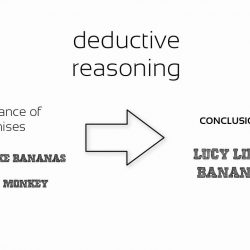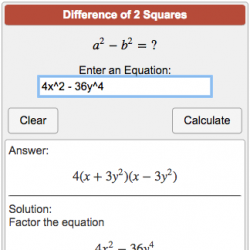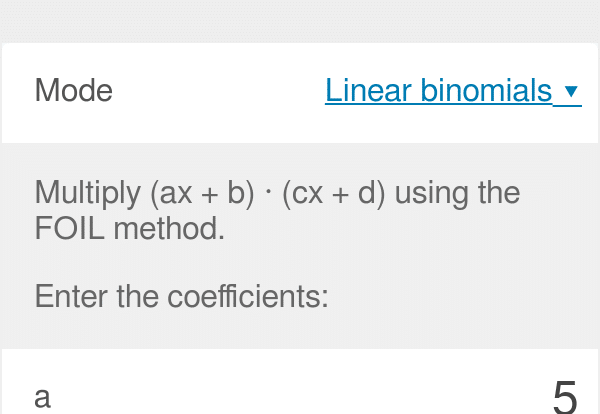In all social media posts, or everyday news, we find the government is up to something. Recent events such as covid and the conditions in Afghanistan heavily influenced the public. Politics is always at the center of most talks. What went well and what went wrong. Sometimes it’s a diesel price increase, and other times it’s for general law and order. All of these issues or arguments generally center around the government.
A government is a body or a system full of individuals who care for or manage a country or state. Every government has a set of main principles. It must follow these rules properly. So, what exactly do we mean by governance? How does it function? Once formed, the government looks after the country’s social welfare, law and order, defense, and financial matters. However, numerous nations do not follow these. Let’s take a look at the different forms of governance.
If you want to know more about the government and its forms, you’re welcome here. Read on as we explore the facts about this topic.

Definition of Government
The dictionary defines government as:
- ‘the group of individuals in charge of and making decisions for a country, state, or other entity.’
- ‘a specific system for managing a country, state, or other entity.’
- ‘the process or method of governing a country, state, or other entity.’
There can be various ways of defining a government. It depends on who is defining it. Dr. Harold Damerow, a professor of government and history, defines it as well. He says that the government creates public policy for a whole society. It is their responsibility. He further says that the government must push a specific civilization. So, it must make policies which develop civilization on the right path.
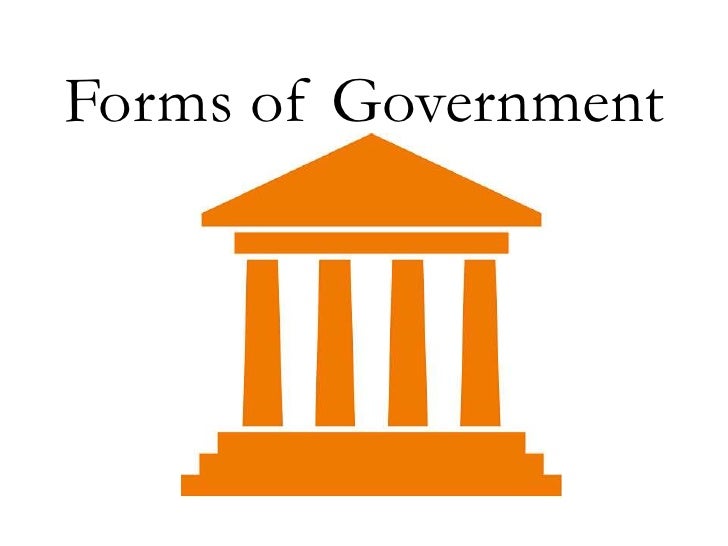
Duties of a Government
The duties of a government are long and complex. However, let us look at a few of the important duties of a government. A government must protect the security of its citizens through different laws. It must create and look after an effective police force, a fair court system, and a strong defense force.
So, a government must give civic amenities for its people’s social welfare, health, and development. A government must also properly manage the country’s economy. Therefore, thiis includes controlling inflation, keeping enough foreign reserves, and encouraging foreign investment. A government must also make efforts to save the environment from future fall. It should try to protect the seas, set wildlife refuges, and spending renewable energy and power.

The types Of Government in the world
Now we have learned what a government is. It’s time for us to understand why they have different forms. It can be society. It could also be Culture, language, etc. Every part of their influence was different from each other. And influences also had their own types. So, governments had to be different.
As a result, many areas had many forms of Governments. They differ from each other a lot. Read on as we describe the kinds of Governments there are today.
Monarchy
Let us start with the monarchy. Till the nineteenth century, the monarchy was the most found type. Monarchy is a type of governance in which one family rules from generation to generation. So, a single person enjoys all the power.
There are two sorts of monarchies. These differ in terms of the amount of power that the royal family has at that point. The king may have no or few legal limitations in political matters. This is an absolute monarchy. However, the monarch may maintain a figurative role only. He may have little or no political authority. This is constitutional monarchy.
The constitutional monarchy that exists in the United Kingdom is the most famous example of a monarchy. Queen Elizabeth II is the queen of fifteen nations. She is the head of state of the United Kingdom too. She and the royal family perform functions in the name. However, they do not create the laws that govern the people.
Democracy
It is another type. Democracy is a system of governance in which the people power. It may be of two types. The first is direct democracy. In this, all adult individuals take part in forming the government. Representative democracy is the second kind. So, in this, voters enjoy power through elected representatives. Elected officials propose, develop, and create legislation for citizens to follow.
The representative democracy that exists in the US is the most famous form of democracy. Americans vote for a president and members of Congress.
Oligarchy
Oligarchy is the next kind. So, this power is not distributed. Therefore, a few persons or a powerful class or group within society control all power . So, these groups are generally royal, rich, or highly educated. They might also have huge military power. Moreover, sometimes, a few families rule such regimes. Hence, they share power down from generation to generation.
In contrast to monarchs, oligarchs do not need blood relations to inherit power. For example, one family may enjoy power for many years. Then, it may transfer power to another group of people or another family. This happens on the basis of military ties or riches. The public has no say in these decisions. The tiny group of people who have power, hence, becomes very important. Their decisions affect everyone.
The former Soviet Union is a great example. Other nations with oligarchy governments include China, North Korea, and Venezuela.
Autocracy or Dictatorship
An autocracy is a system in which a single person or institution holds godly power. People or external bodies cannot make decisions. Absolute monarchy, in which a family or a group of families rules a country, is an example of autocracy. In an absolute monarchy, royal families inherit monarchy. Any law does not limit the monarch’s power in this system. Saudi Arabia, Brunei, and Oman are instances of absolute monarchies.
Dictatorship is also a particular aspect of autocracy. They again have two types: civilian dictatorships and military dictatorships. Person dictatorship occurs when a single civilian enjoys total authority. This citizen might be a monarch, or a tyrant. However, they might have democratically elected the official as well who became the dictator. Famous dictators include Adolf Hitler, Joseph Stalin, and Mao Zedong.
When the military seizes power in a country, it creates a military dictatorship. So, the military may take power from the ruling party for many reasons. They do this sometimes to protect citizens from bad politicians.
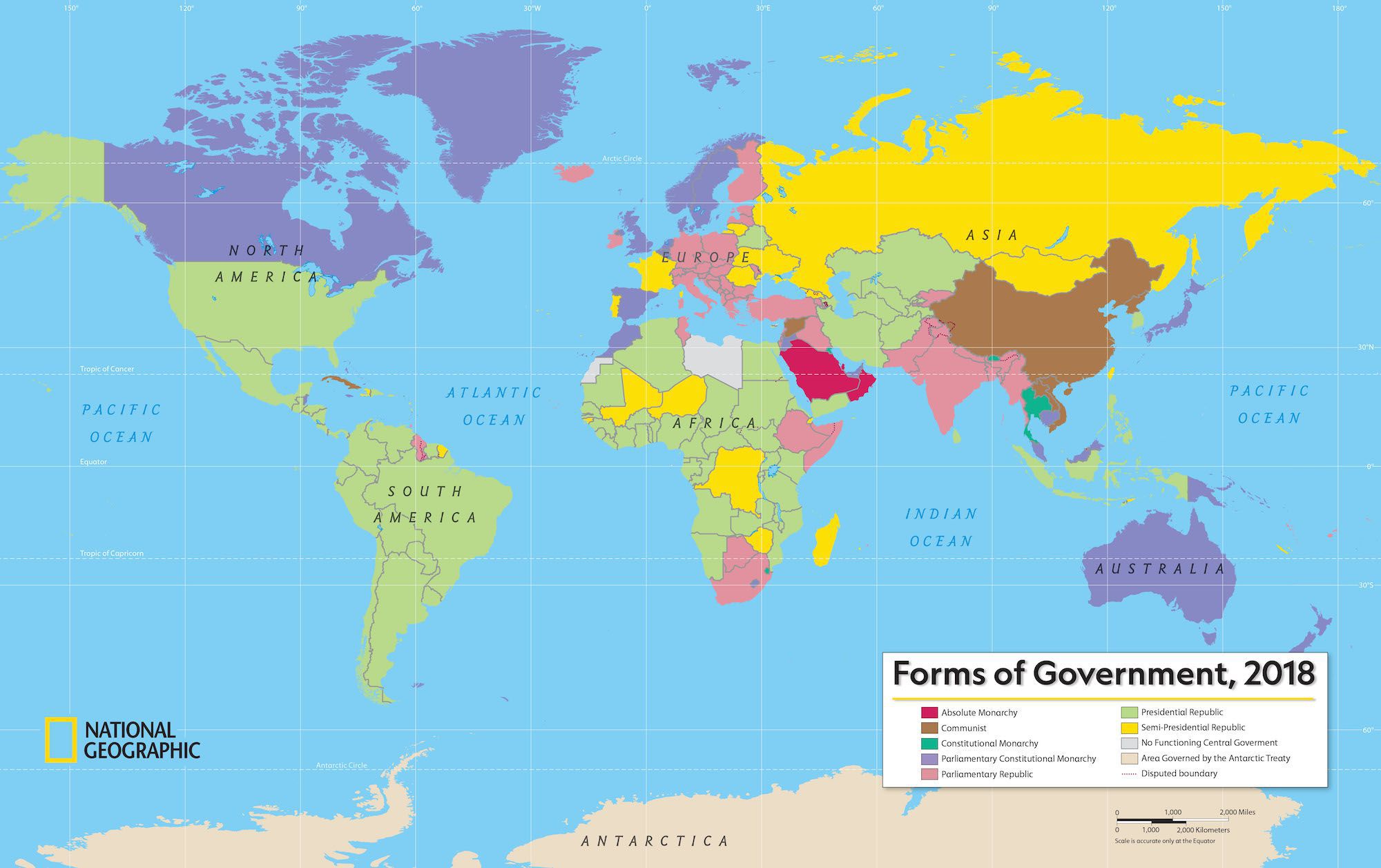
Other 8 types of Government
Technocracy
In this technology experts make all decisions. They would choose decision-makers in a technocracy based on their knowledge. They have to prove their expertise in the job.
Islamic State
An Islamic state is a rule that has accepted Islam. This includes Sharia (Islamic Law). However, there is some confusion regarding whether states or organizations fully agree to Islamic Law. Sharia is the formal foundation for state legislation in many countries.
Authoritarian
The government has complete power under an authoritarian system. These governments generally gain power through coercion. While this appears to be a simple matter, it is not so. Authoritarian governments are not always obvious. They may still hold elections and have branches of government. But power is in the hands of a tiny group rather than the people. Cuba is a good global example of an authoritarian regime.
Totalitarian
When you think of a totalitarian rule, you think of unlimited power with no logic. These leaders have total control over not just the government but also the personal lives of the people. People have no say in governance. This sort of governance is ruthless and tyrannical. Totalitarianism was at work in Nazi Germany.
Tribalism
Tribalism is popular among tribals all over the world. So, one has to obey the rules and laws of the tribe. This is full of certain people groups or individuals who share the same beliefs. Decisions are sometimes made by an older council. However, this is not always the case. Each tribe’s composition is special. While tribalism is becoming very rare, tribes in Africa continue to employ this system of administration.
Socialism
Socialism and communism came from Karl Marx’s utopian, classless society concepts. However, communism used violence to attain its objectives. Socialism tries making modest changes through reforms. Furthermore, communism lacks private property, whereas socialism allows you to own property. However, it regulates the industry. Algeria and Tanzania are two socialist examples from throughout the world.
Republicanism
‘Republic of’ this or ‘Republic of’ that is common. When anything is a real republic, such as republicanism, the citizens have authority. They have the ability to vote and make changes to their government. Now, republicanism may be complex because it frequently coexists with federalism and theocracy. France and India are two examples.
Federalism
Federalism is all about power distribution. Not only does the government enjoy central authority, but smaller states do as well. In the United States, for example, the federal government is the primary power. However, each state has its own regional and state governing laws. This implies that state laws in California may differ from those in Tennessee.
FAQs on different types of government
What are the 3 main types of government?
The most well-known and popular types of government are:
- Democracy
- Dictatorship
- Monarchy
What type of government is in India?
India has a democratic form of government. The government is of parliamentary form with a federal structure and unitary features.

